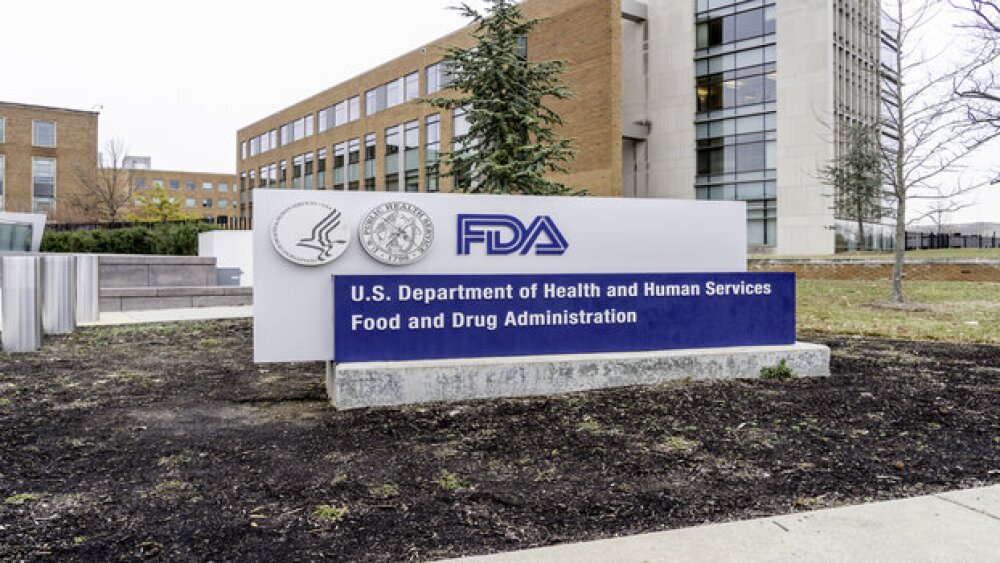While the FDA considers a T cell malignancy risk to be applicable to all commercial CAR-T therapies, Gilead Sciences’ Tecartus has a revised warning that potential adverse events “may” occur.
Pictured: FDA sign at agency’s headquarters/iStock, JHVEPhoto
Just days after the FDA issued safety labeling change notifications to the makers of all commercial CAR-T therapies, Gilead Sciences’ Tecartus has been given a slight reprieve from the regulator’s list of BCMA- and CD19-directed genetically modified autologous T cell immunotherapies that should have a boxed warning on the risks of secondary cancer.
Following an FDA safety probe of CAR-T therapies, the regulator on Friday sent letters to all six manufacturers—including Gilead— asking them to add a class-wide box warning to their respective labels alerting patients and prescribers of the potential risk of T cell malignancies, with serious outcomes including hospitalization and death.
These warnings affected all of the commercial CAR-T therapies, including J&J’s Carvykti (ciltacabtagene autoleucel), Novartis’ Kymriah (tisagenlecleucel), BMS’ Abecma (idecabtagene vicleucel) and Breyanzi (lisocabtagene maraleucel) and Gilead’s Yescarta (axicabtagene ciloleucel) and initially Tecartus (brexucabtagene autoleucel).
However, on Tuesday, some relief came for Tecartus as the FDA decided to revise the language on the therapy. The FDA’s letter yesterday stated that while T-cell malignancies “have” occurred following treatment with other BCMA- and CD19-directed therapies, for Tecartus the same adverse events “may” occur.
The agency’s proposed amendment to the Tecartus safety labeling—which states that T cell malignancies “have occurred following treatment with BCMA- and CD19-directed genetically modified autologous T cell immunotherapies” and removes “including Tecartus”—is subject to a 30-day response period.
“Please note that this letter contains revised language and supersedes our letter dated January 19, 2024,” Tuesday’s FDA letter to Gilead’s Kite Pharma stated. “For Tecartus (brexucabtagene autoleucel), we have determined that the new safety information should be included in the labeling as follows.”
Among the new safety information that the FDA said should be included in the labeling is that Tecartus “can increase your risk of getting cancers” including certain types of cancers of the immune system.
BioSpace reached out to Gilead and FDA for comment but neither were immediately available.
In November 2023, the FDA announced it was investigating the “serious risk” of malignancies in patients who received treatment with BCMA- or CD19-directed autologous CAR-T cell immunotherapies. At the time, several CAR-T manufacturers told BioSpace that the situation was being monitored but that there was no reason for any immediate concern.
This sentiment was shared by an expert at the J.P. Morgan Healthcare Conference in San Francisco earlier this month. However, after the FDA announced its probe, attention has been raised by other health regulatory agencies across the globe.
Tyler Patchen is a staff writer at BioSpace. You can reach him at tyler.patchen@biospace.com. Follow him on LinkedIn.






